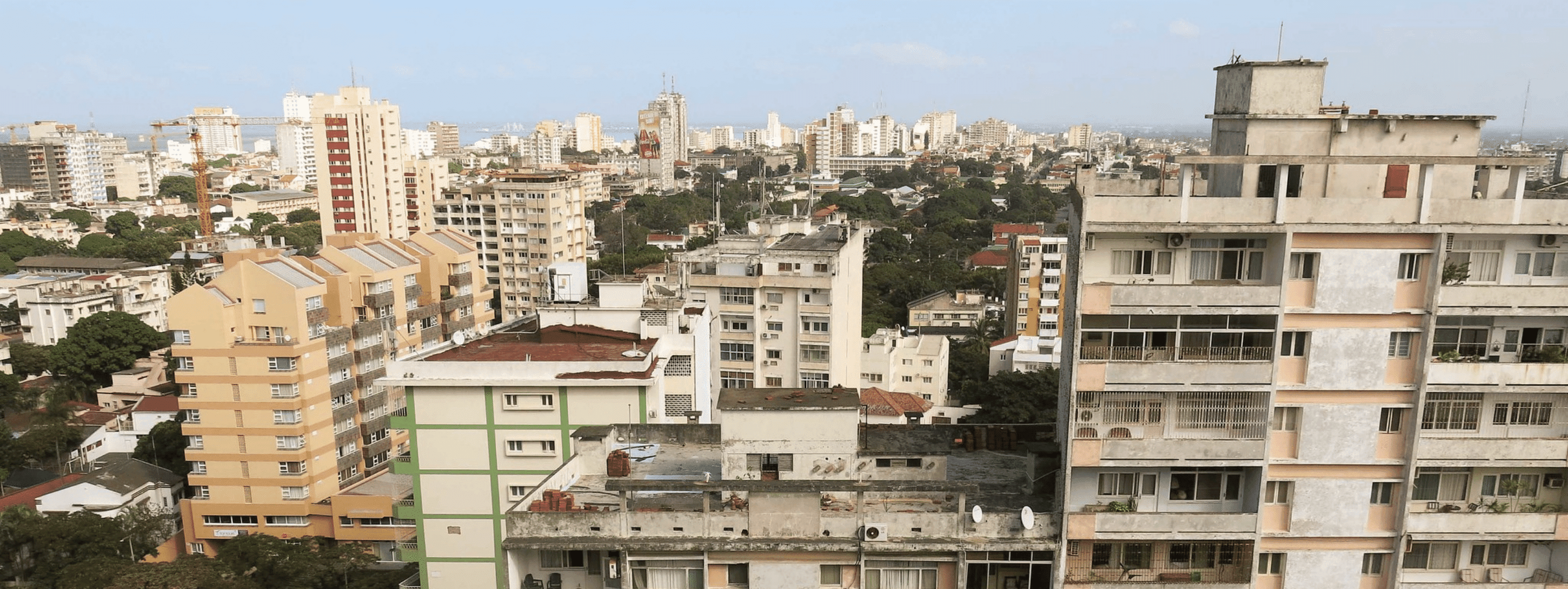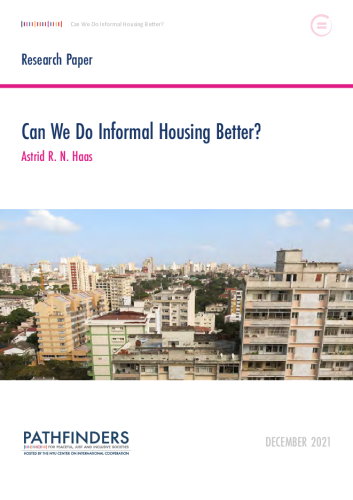Across the globe, particularly in urban areas, the gap between the demand and supply of affordable and adequate housing is growing rapidly. This is particularly the case on the African continent, which is currently undergoing the most rapid urban transition recorded in our history. Housing, particularly when it constitutes a home, is the cornerstone of our social, economic, and emotional lives.
Having a roof over one’s head epitomizes stability and security for an individual as well as their family. The current COVID-19 pandemic gave housing a new level of importance and also exacerbated inequalities between those with and without adequate housing. In this context, access to affordable and adequate housing is increasingly being recognized not only as a necessity, but rather as a fundamental human right.

The rate at which housing needs to be provided now and in the future across the African continent is immense. This briefing argues that governments can intervene at relatively low financial costs with potentially high impact, by reforming regulation to ensure it is locally appropriate and allows for affordable formal housing—including incremental housing—to be built at scale while ensuring safety and livability.
Key interventions include:
- Lowering the costs of construction by allowing for the use of locally available building materials, such as in Kigali, Rwanda
- Promoting incremental build, such as in Iquique, Chile
- Enabling micro-builders, primarily found in the informal housing market, to provide formal housing at scale, whilst improving quality of their housing provision, such as in Cape Town, South Africa
Read the full paper: Can We Do Informal Housing Better?
This policy paper is part of the Pathfinders Grand Challenge on Inequality & Exclusion. More information about this initiative can be found here.


